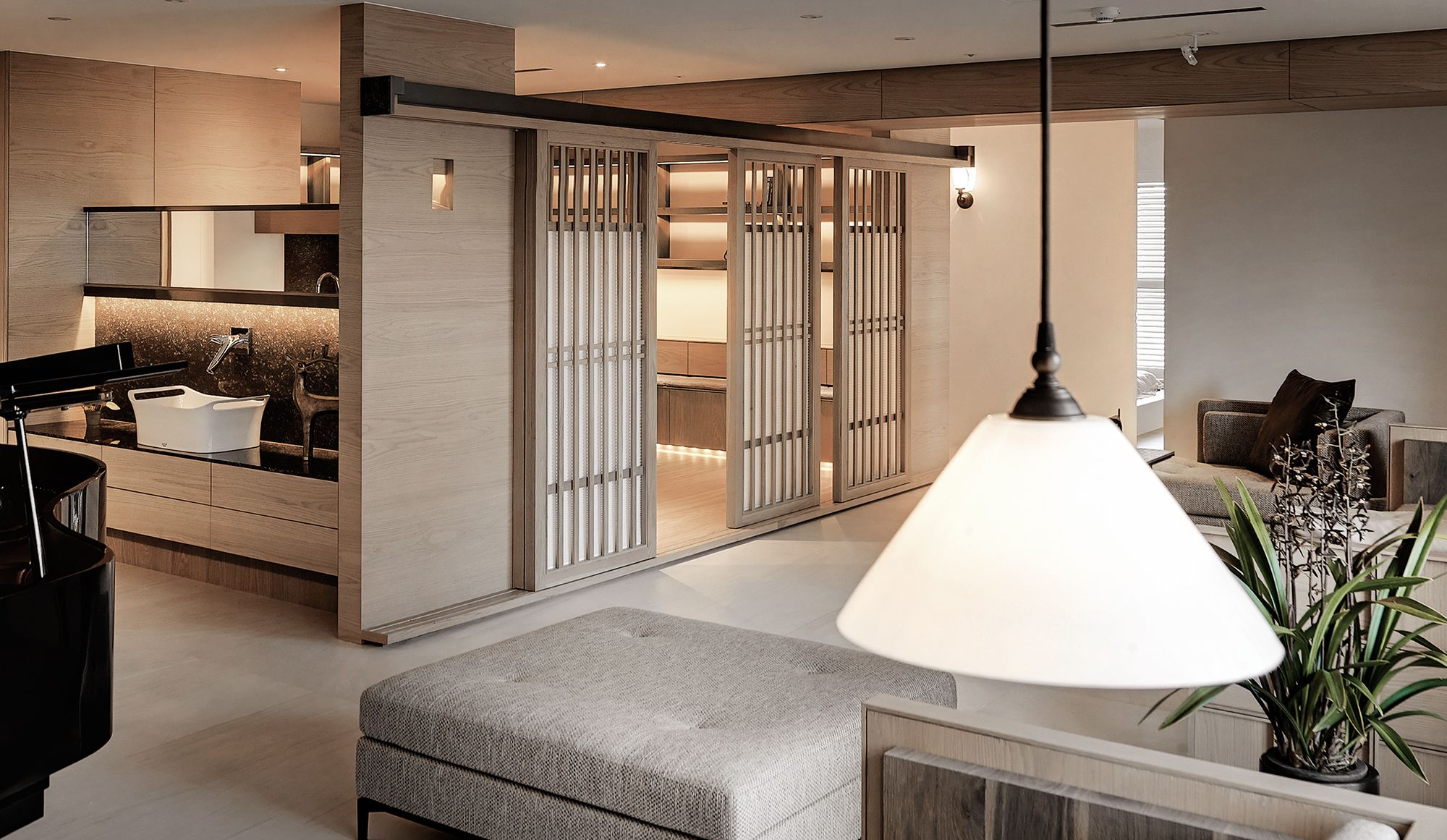
Liang’s Apartment by JDID Inc
Here, we talk to JD Yin, of JDID INC., about Liang’s Apartment, a 2018 winner in Interior Design / Apartments Interior.
JDID is a small architectural and interior design studio. For a long time, JDID has been dedicated to discovering the way people and space connect so that the design is consistent with the customer’s inner, not just a beautiful space. Design Director JD, who entered design school at the age of fifteen, works within three design fields: product design, interior design and architectural design. Different design fields and learning environments have created his unique way of thinking, and also led him to become an idealist, to believe that people are alive, we must do our best to achieve the realm of truth, goodness and beauty. So, in the design, you can always see the input of JD’s own emotions within the space, which gives people warmth.
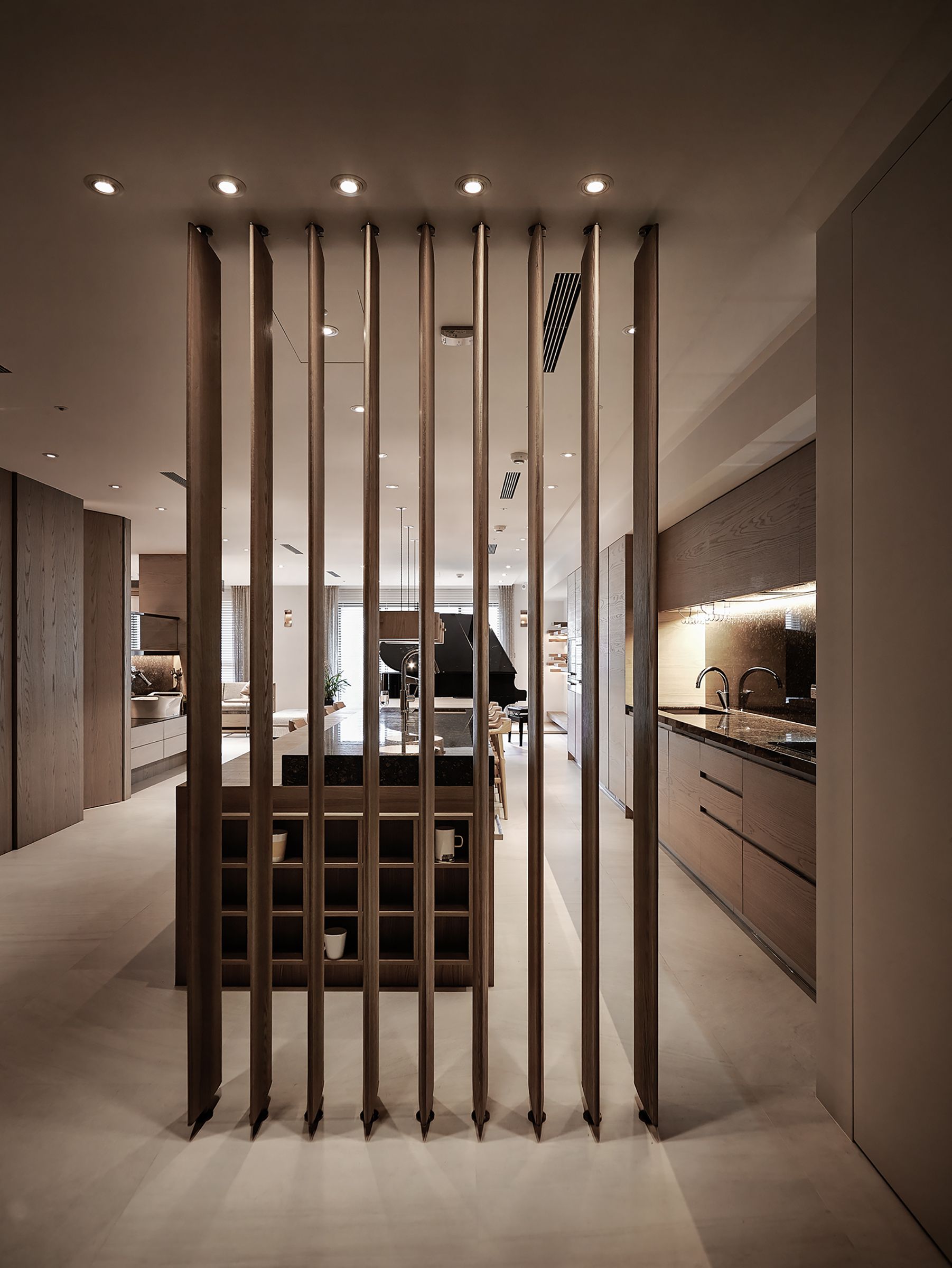
In the project, the structure integrates the public/private space and logical/sentimental experience with fluent traffic flow; when the family members move freely, they will subconsciously feel pleasant. By creative techniques, the designer intends to help people start to reconsider the value of family. It should be common, but let us show how the really precious matters again. Without superficial elements or decoration, the space awakes beautiful emotions of the familial relationships.
In Japanese traditional folk houses, “土間”(どま) is one of the significant features. It is an earthen floor lower than the floor slab to connect the entrance and living room and, traditionally, the mother can work, cook or make handiworks in the space. Now, the earthen floor develops into the lobby, a smaller transitional area with less function. The project ”Earthen Floor Extended” extends the meaning of earthen floor, which connects the public/private space with the logical/sentimental experience, helping people think afresh about the value of family. The main concept is based on the core of the family — mother. The designer regards daily life as a mother who takes care of children, receives guests and shares her cooking, etc. These scenes are so real and familiar. The family relation is the most important value of a house, and need to be concretized by design. In the project, “design” doesn’t mean to be technical or decorative, the designer replaced the superficial elements with the emotion awoke by the family relation. Mother is the core of the family, her territory — the kitchen — must be the core of the living space. The designer arranged the lobby to be linked together with the kitchen, the transitional area is much more spacious and similar to the Japanese earthen floor, there is no partition between the lobby and kitchen. When the family members or guests come in the house, at first they will see the mother is cooking or doing housework, and surrounded by children, the homely scenes make everyone feel reassured.
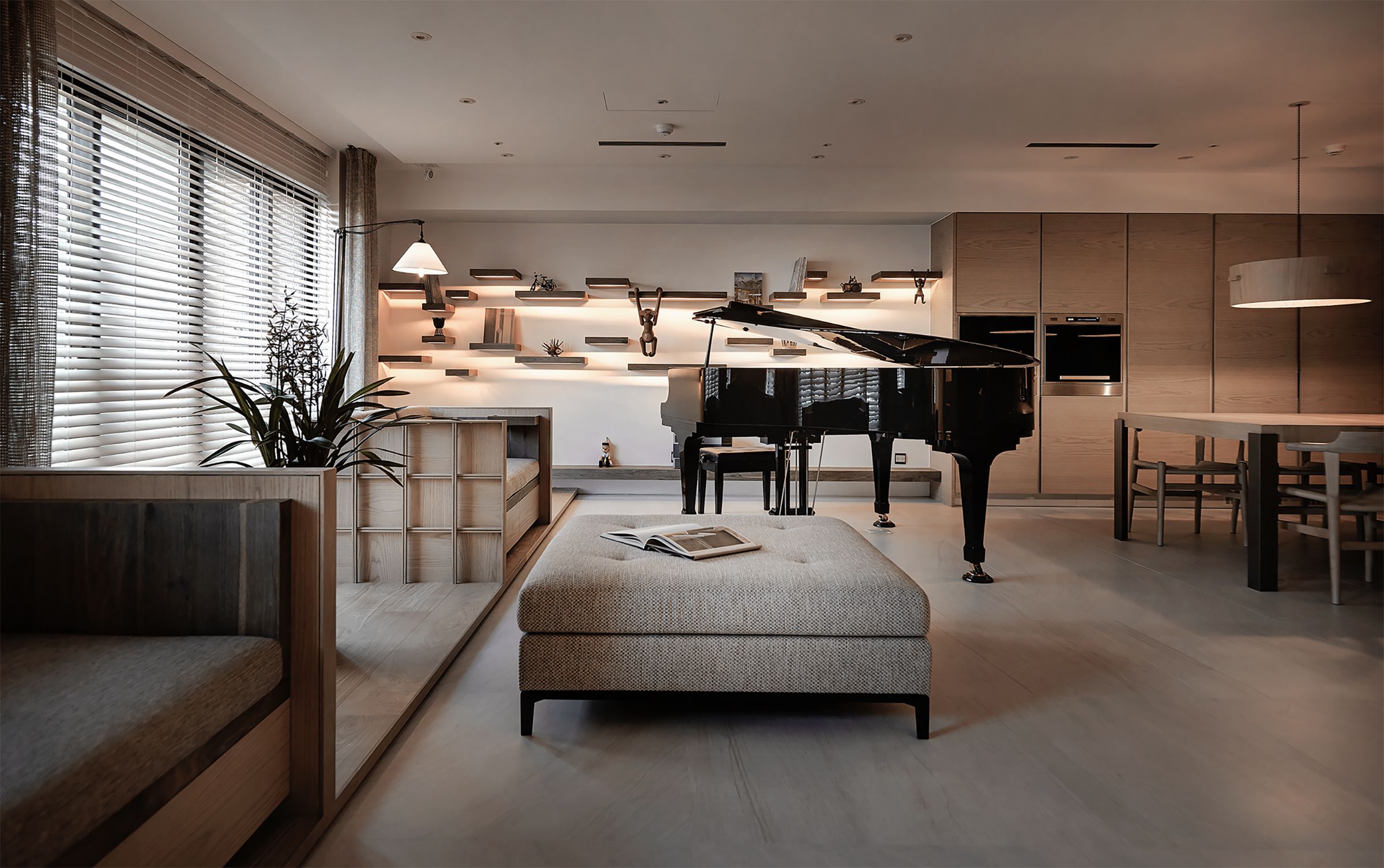
I am most proud of the “Stretched Lobby” in the project, the way it extends to stride over the construct glossary and shows us something essential, something important. Some scenes of family life seem like common daily routines, through the symbolic element we can sense what is truly precious once again.
Tadao Ando led me to become an architect and perhaps my biggest influence is Carlo Scarpa. If I could own any building or design object in the world, I would choose the Great Pyramid in Egypt. It is magnificent, spectacular, fully integrated into the desert and has a pure appearance and mysterious interior.
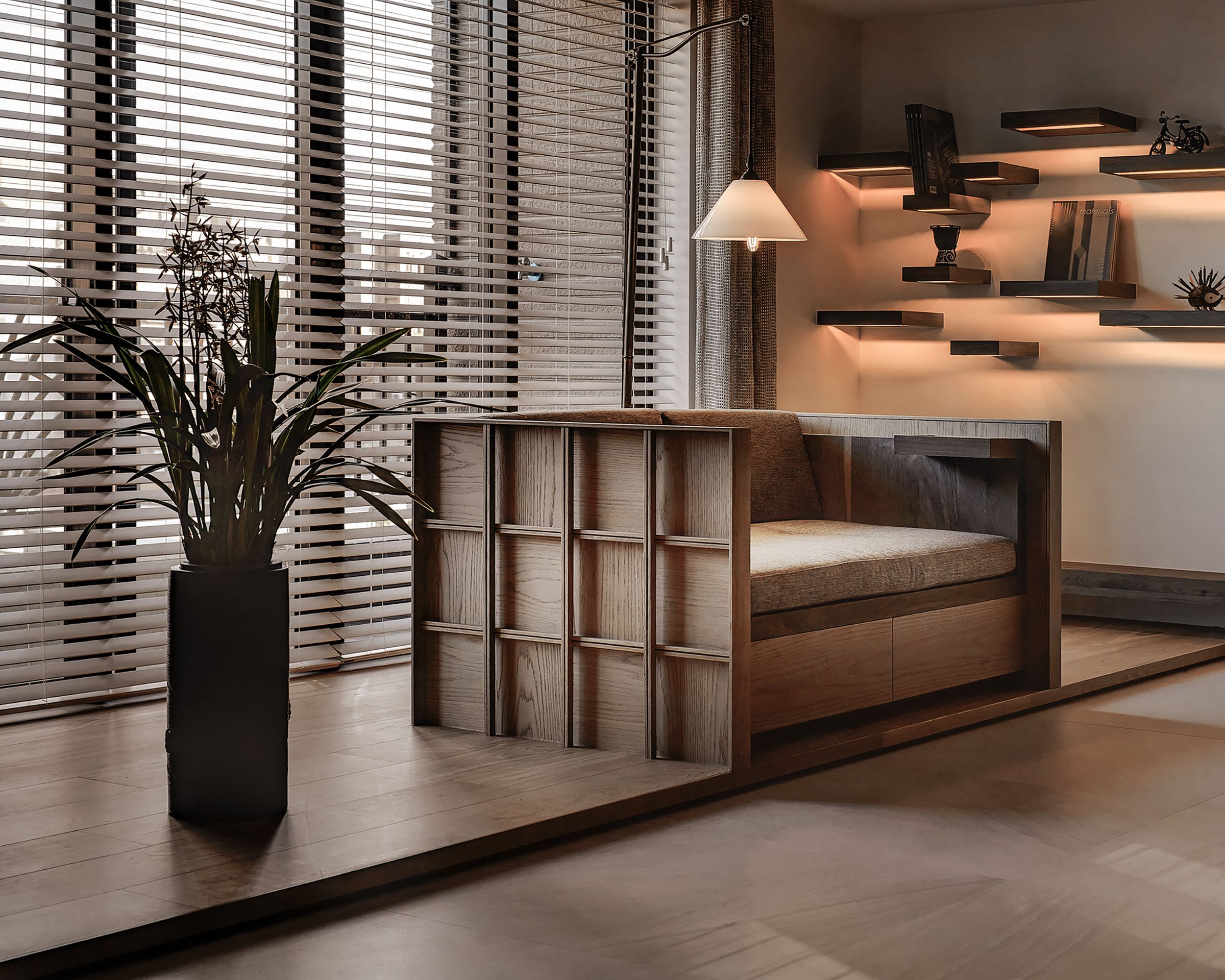
There is no doubt that there will be more technological innovations in the fields of architecture and design in the future. For example, paperless designers, artificial intelligence and virtual images. These new technologies in the new world will replace part of the designer’s brain. So, I think designers will go to a more inner place, not thinking about form or design method.
Designers can’t just express themselves as the core value. The more important thing is to bring a peaceful revolution to society through design methods. Because design work itself has a certain social height, it walks in front of society and combines humanities, philosophy, science, history, emotions, care, thoughtfulness, listening, etc.
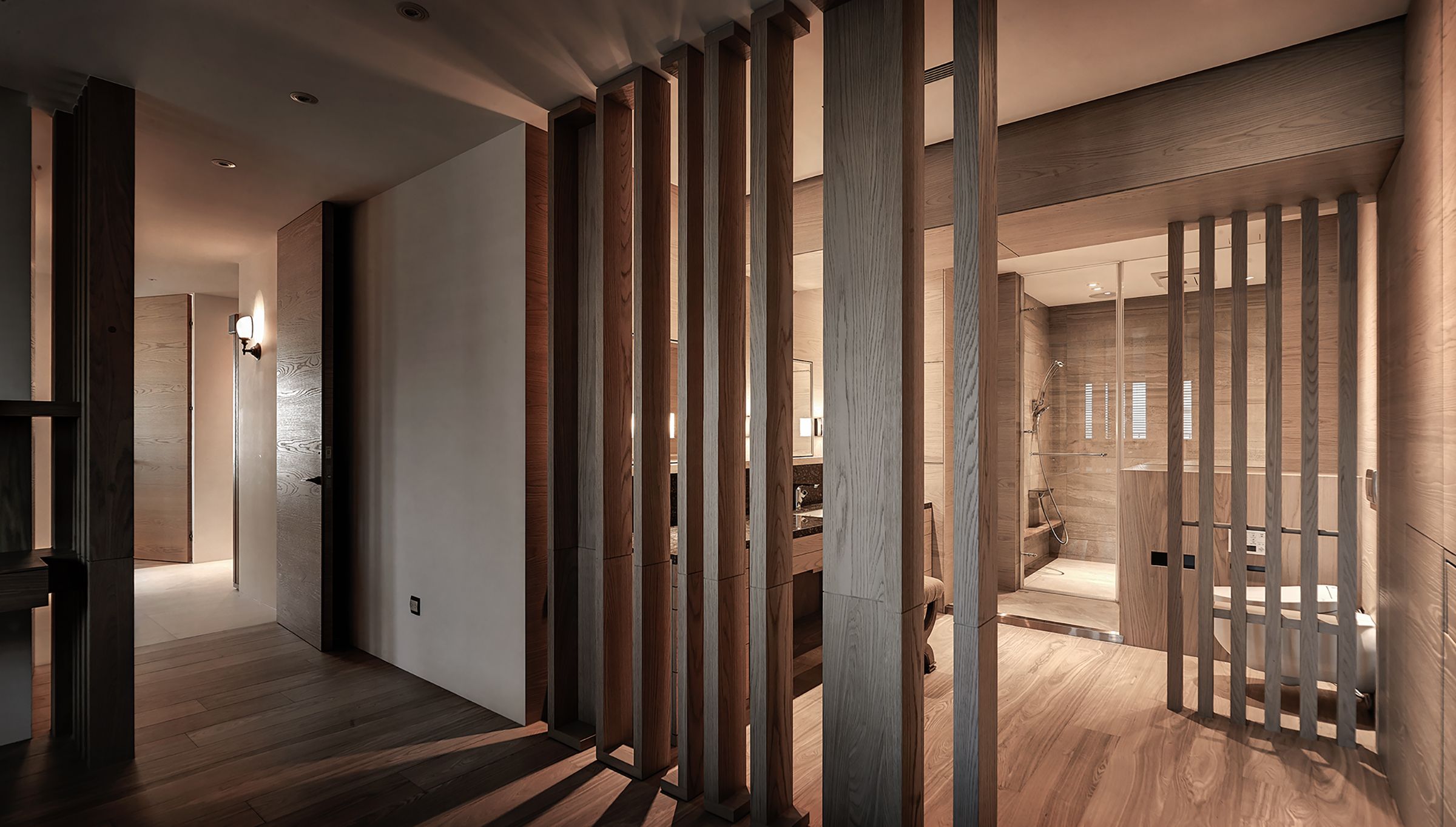
AMP is the most exciting award I have ever participated in. All the winners are the best, and there is no regret. It can be seen that the judging and the organizers have high evaluation ability. I hope that JDID INC. will gradually enter the international design field, and bring more oriental inner delicate emotions and thoughts in the Western design discussion.
Many thanks to JD Yin for answering our questions so thoughtfully and for giving us much to think about.